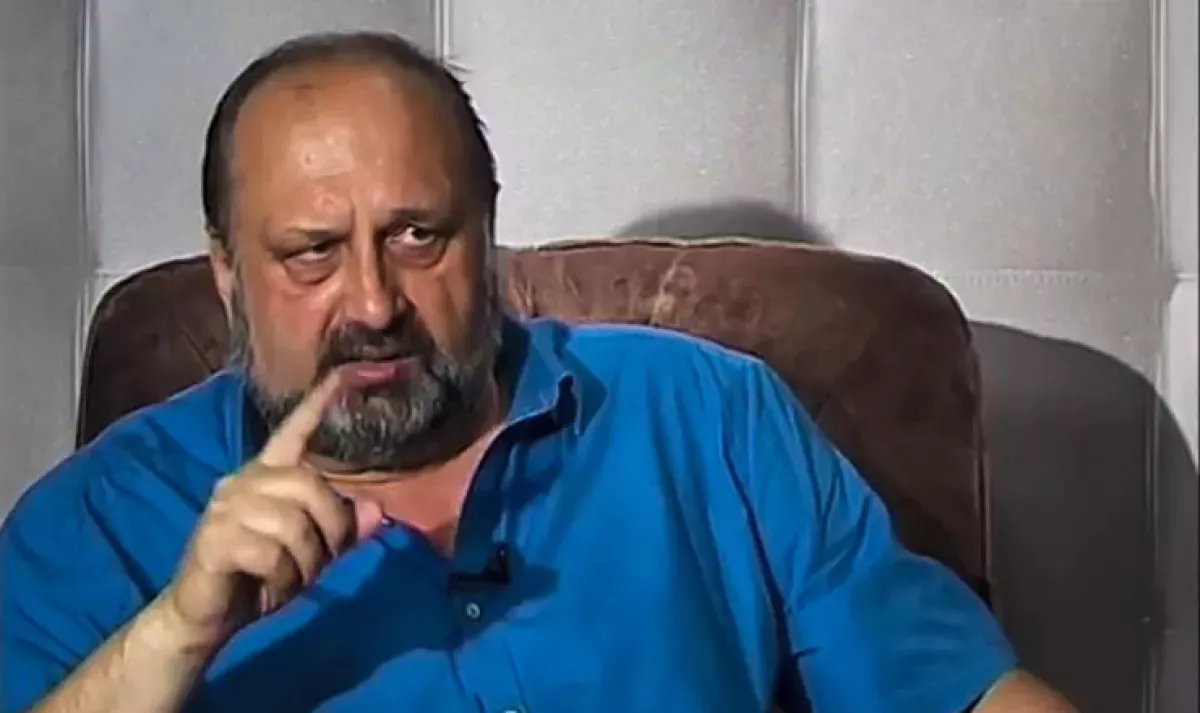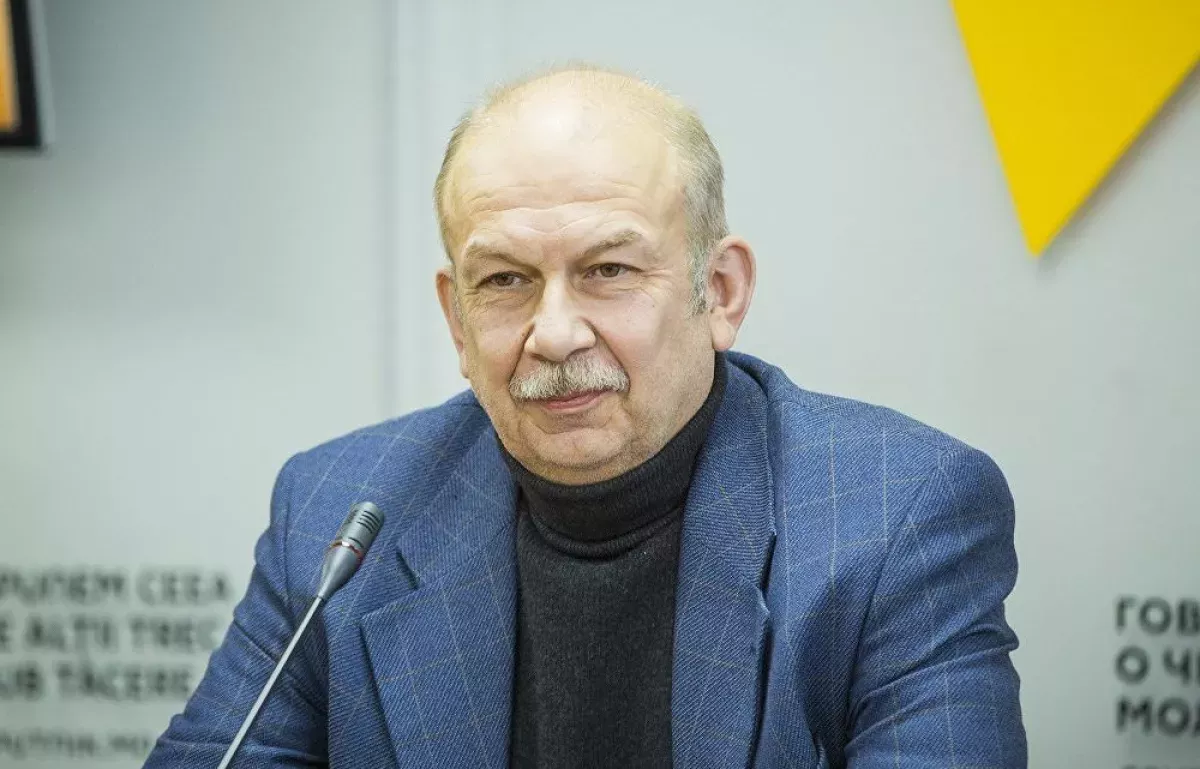Moldova's Oct 20 polls: Key experts discuss presidential race & EU referendum Moldovan analysts weigh in on election dynamics
The presidential election campaign is gaining momentum in Moldova, with polls set for October 20. In line with the constitution, the president is elected for a four-year term, beginning when the oath of office is taken and ending with the inauguration of the next leader. The current president, Maia Sandu, assumed office on December 24, 2020.
Simultaneously on October 20, the country will hold a referendum where citizens will answer the question: “Do you support the amendment to the constitution for Moldova to join the European Union?”
The draft amendment proposes to supplement the Basic Law with two paragraphs reaffirming the European identity of the Moldovan people and the irreversibility of the country's European course. Moldova's integration into the European Union will be declared a strategic goal of the country. It also proposes a new section in the constitution, “Integration into the European Union”. This referendum is organized on the initiative of Moldovan President Maia Sandu.
The presidential election campaign and the constitutional referendum on the country's accession to the European Union, both scheduled for October 20, have officially begun. At least 13 politicians, including President Maia Sandu, have already declared their intention to run. Moldova is thus preparing for presidential elections and a referendum on EU membership, both to be held simultaneously. Key questions loom: Who will fight for the presidency? Will the opposition field a single candidate? What is the balance of political forces? Between whom is the main struggle likely to unfold? On whose side are the preferences of the majority of voters?
Prominent Moldovan experts shared their insights with Caliber.Az.

According to Vitali Andrievski, a historian and director of the Institute for Effective Politics (Chisinau), it's difficult to determine how many candidates will actually vie for the presidency.
“Sixteen people have expressed their desire to run in the elections. Another 4-6 candidates may join. However, only those who collect 15,000 signatures, submit all the required documents, and pass the registration procedure will truly participate. There will be a lot of candidates to suit every taste,” the expert notes.
People often wonder about the idea of a single candidate from the opposition, he adds.
“We should note that the idea of a single candidate from the opposition was a failure. There are many reasons, but I'll highlight the main ones. The key point is that opposition candidates will participate in the elections, representing both the European choice of Moldova, supporting European integration, and opponents of this direction, who favor ties with Russia and Moldova's accession to the Eurasian Economic Union. Naturally, they could not have a common candidate.
“Even among supporters of a common geopolitical choice, there is no unity. One reason is the focus on the parliamentary elections scheduled for next year. The presidential election is seen as a dress rehearsal for those elections since Moldova is a parliamentary republic. It's natural for parties not to miss this event, to test their strength. And for this purpose, they need their own party candidate. Additionally, there's the human factor: many politicians thought, ‘Why someone else and not me?’” the director of the institute observes.
He also comments on the balance of political forces.
“In Moldova, people still talk about right, left, and centrist parties and politicians, but these are just words without real substance. The pro-Russian ones are usually called leftists, while the pro-European and Unionists (supporters of unification with Romania) are termed rightists. Centrists are those who maneuver between rightism and leftism.
“The real struggle will be between two political forces: supporters of European integration, partnerships with the EU, the USA, Romania, Ukraine, and those aligned with Russia.
“From the historical perspective, supporters of European integration will win. As for this year's presidential elections and referendum, the European choice supporters have an advantage. But it should be noted that Russia is more interested in Moldova than ever and is backing its supporters. Therefore, my forecast for the victory of the European integrationists is very cautious. Let's say there's a chance to win, but no guarantee they will fully capitalize on it,” Dr. Andrievski predicts.

Political analyst Victor Ciobanu, meanwhile, argues that the elections do not promise any surprises.
“Maia Sandu will win by a large margin over all the declared candidates (the list of which, I think, will grow). There is and will be no single opposition candidate, and the Kremlin's tactics dictate this. They also see the polls and realize that their allies cannot win the election. Therefore, the main goal of their strategists is to undermine the referendum, with an eye on the 2025 parliamentary elections (a strategy akin to what was seen in Georgia). This does not require a single candidate; rather, the more candidates, the better. Almost all of them will call for a boycott of the referendum or a vote ‘against’. Meanwhile, they will use all the media opportunities provided by the presidential campaign to attack the incumbent president, who supports European integration,” the observer notes.
“There will be no real contest in the elections - the only question is whether Maia Sandu will win in the first or second round, given the multitude of candidates,” he adds.
“The referendum will also pass with a positive result, but attempts to destabilize the situation will increase, and autumn promises to be hot,” Ciobanu predicts.








